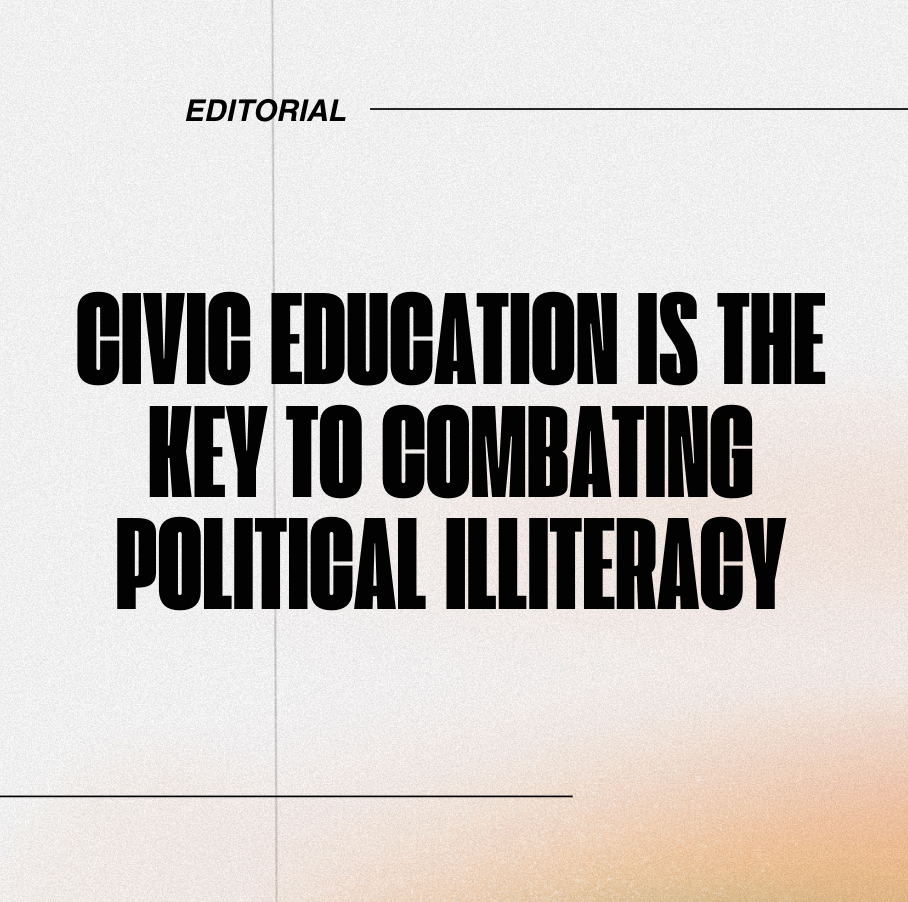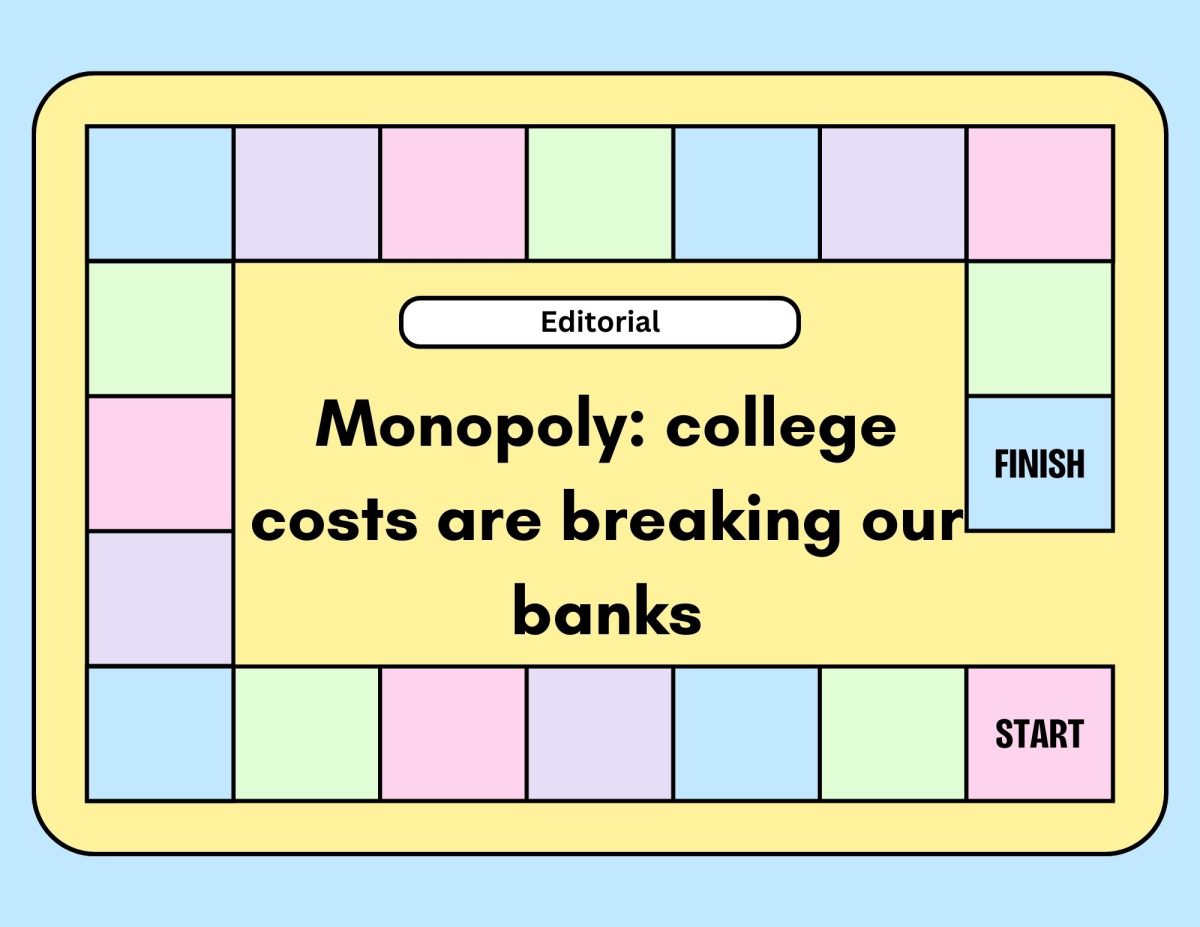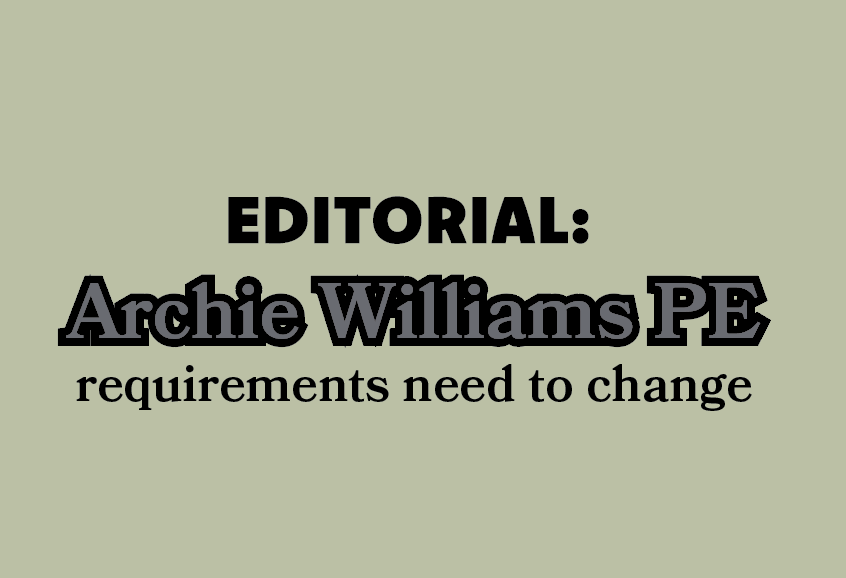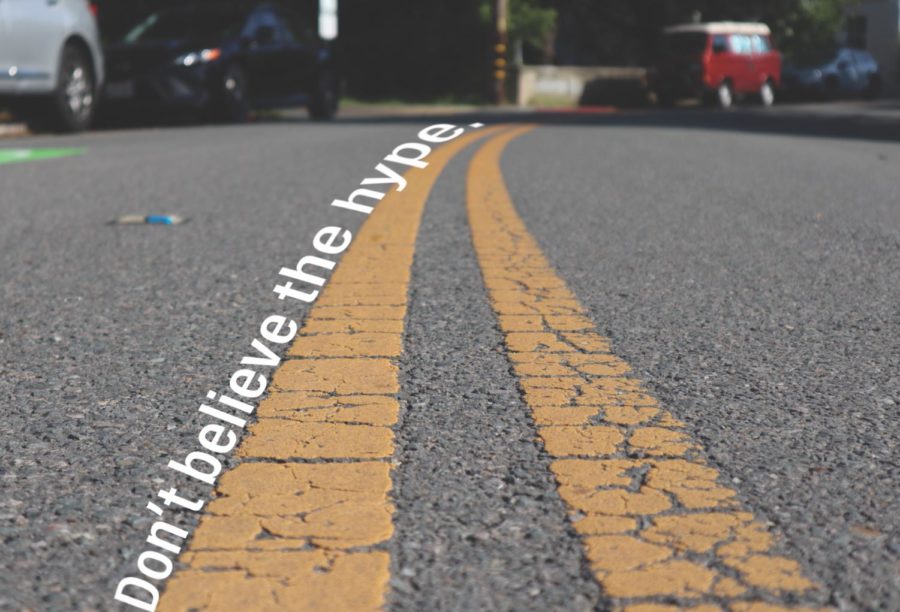In 2024, it is increasingly apparent that a shocking number of Americans are politically illiterate. In a 2023 survey conducted by the U.S. Chamber of Commerce, one in three respondents was not aware that there are three branches of government. This, along with disturbingly low civics exam scores should be a blaring wake-up call. The need for well-rounded civic education in the U.S. reveals itself through weak, uneducated voter turnout and growing ideological polarization.
In the 2024 election, the University of Florida Election Lab calculated that only 64 percent of eligible voters in the U.S. cast their ballots. Data consistently suggests that citizens who have completed higher levels of education are more likely to vote in local and federal elections. Therefore, if we want to encourage more voting participation, we need more educated citizens.
However, this is an issue broader than Americans’ need to vote. They also need to be aware of what they are voting for. Lack of civic education has resulted in a general population that does not understand the weight a single ballot can hold. With access to the right information and proper educational guidance along with said information, American citizens could better convey their beliefs through their vote.
The Center for Civic Education (CCE) defines civic education in a democracy as “education in self-government.” The CCE goes on to explain that, “Civic education in a democratic society most assuredly needs to be concerned with promoting understanding of the ideas of democracy and a reasoned commitment to the values and principles of democracy.”
In the U.S., the education system has neglected its duty of fostering active citizens. After all, this lack of awareness is one possible explanation as to the willingness of this nation to elect a president who shows no respect for democracy. The function of a democracy fails when the people of a nation aren’t able to actively participate in the government. Education is what enables the informed participation that we need.
According to the Center for American Progress (CAP), “since 1998, overall test scores on the National Assessment of Educational Progress civics exam have persistently shown that less than 25 percent of students are proficient in the subject.” The CAP found that over time, a decrease has occurred in funding for civic education at both the state and federal levels.
Putting a book in someone’s hands gives them the power to form their own beliefs and perception of the world. A classroom should be a place where America’s youth learn how to make their voices heard. But they cannot do that if they are not given the opportunity.
This poses a critical question: how do we shift the power back into the hands of the people? The simple answer is the implementation of civic education.
Research by the American Political Science Association found that civic education helped students understand other points of view, regardless of their own political affiliations. By teaching students political literacy, we as a society can bridge the distance between the polarized ideological sides in the U.S.
The state of California requires high school students, including those at Archie Williams, to take one semester of American Government to graduate. However, according to the Committee of Economic Development (CED), 13 states in the country still require no form of civic education in public high schools as of 2023.
Simply taking a government course isn’t enough. Students who take these courses are not retaining the information at the level needed to be considered politically literate. In recognition of the importance of economic comprehension, 28 states require high school students to take a course in economics to graduate. However, this leaves 22 states that do not share this requirement.
Beyond the bare minimum economic requirement, AP Macroeconomics and Microeconomics are semester-long elective courses offered for high school students that dive into financial systems and individual economic decisions. However, nearly 40 percent of students in both courses do not pass the AP exams, indicating deficient comprehension even amongst students who seek out the class.
The U.S. was founded on the idea that voting puts power into the hands of the people, and as Americans, our vote is our voice. If young voters aren’t fully cognizant of what they are voting for, they are effectively surrendering their voice.
In the past, Americans have continuously fought for their rights and defended democracy. That spark of the nation has not been extinguished, but the U.S. needs an effort toward unity, and the responsibility of achieving that falls upon each and every one of us. That means focusing on cultivating patience and understanding to remember how to build a community effectively.
The vitality of this democracy is contingent upon access to civic education and the restoration of the spirit of the American dream that every resident of this nation deserves to experience.















Luca Roy • Feb 6, 2025 at 9:00 PM
Sounds like some seriously smart kids wrote this…